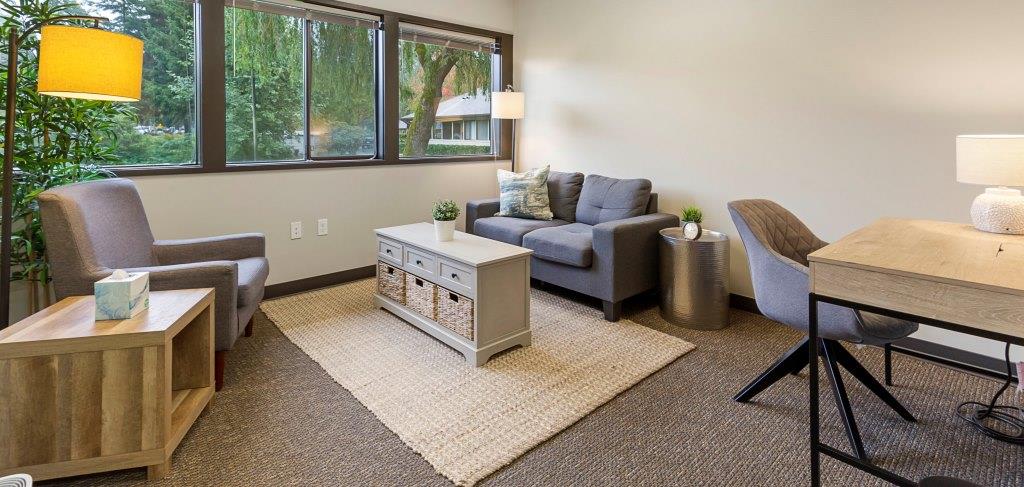By Ohana Behavioral Health Team
June is Men’s Mental Health Awareness Month, a time dedicated to highlighting the unique challenges men face regarding mental health and encouraging them to seek help. Mental health issues don’t discriminate; they affect everyone, regardless of gender, age, or background. However, societal expectations and traditional gender roles often make it difficult for men to acknowledge their struggles and seek support.
Men are often taught to be stoic, self-reliant, and resilient. These cultural norms can create significant barriers to mental health care, leading many men to suffer in silence. The consequences can be dire: men are statistically more likely to die by suicide than women, often because they delay or avoid seeking help until their situation becomes critical.
Men’s Mental Health Awareness Month aims to break these barriers and change the narrative around men’s mental health. It encourages open conversations, education, and support systems that empower men to prioritize their mental well-being. Addressing mental health is not a sign of weakness but a demonstration of strength and self-awareness.
Several strategies can help promote mental health among men:
1. Creating Safe Environments: Foster spaces where men feel comfortable discussing their emotions and challenges. This can be in the workplace, social groups, or online platforms.
2. Providing Tailored Resources: Ensure that mental health resources are accessible and specifically designed to meet men’s needs. Therapy, support groups, and wellness programs for men can make a significant difference.
At Ohana Behavioral Health, we recognize the importance of addressing men’s mental health with sensitivity and understanding. Our practice offers a range of services, including individual therapy, support groups, and expressive arts therapy, which can be particularly beneficial for those who find it difficult to express their emotions verbally.
This June, let’s support the men in our lives by fostering open conversations about mental health and promoting a culture where seeking help is viewed as a brave and positive action. Together, we can make a significant impact and ensure men receive the care they need to live healthy, fulfilling lives.



